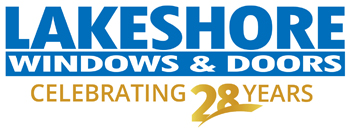Call: 519-919-6997
EASY TO OPERATE. EASY TO CLEAN.
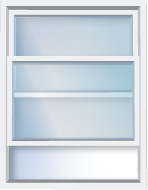 Double hung windows operate by lifting or sliding the bottom sash up and the top sash down. Double hung windows utilize Constant Force balance hardware on both sashes for easy operation up or down and have the ability to stay open in any position. Both sashes on double hung windows tilt in for ease of cleaning from inside your home.
Double hung windows operate by lifting or sliding the bottom sash up and the top sash down. Double hung windows utilize Constant Force balance hardware on both sashes for easy operation up or down and have the ability to stay open in any position. Both sashes on double hung windows tilt in for ease of cleaning from inside your home.
Single hung windows also have two sashes, one fixed (non-moving) and one operating. Single hung windows operate by lifting or sliding the bottom sash up, while single slider windows have one sash that slides horizontally. Single hung windows utilize Constant Force balance hardware for easy operation up or down and have the ability to stay open in any position.
Exterior Colours

Pebble

Black

Canyon Clay

Chestnut Brown

Comm Brown

Ivory

Sable

Sandalwood

Wicker

Burgandy
There may be a slight variance between the samples below and the actual colours
Glass Options
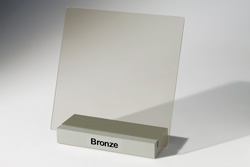
Bronze Tint
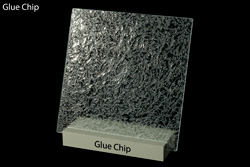
Glue Chip
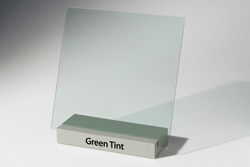
Green-Tint
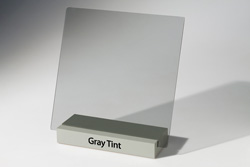
Grey Tint

Obscure

Rain
Technical Data
- Multiple weather stripping provides remarkable air tightness, reducing heating and air conditioning costs
- Interior glazing bead design constitutes a key security feature, allowing the window to withstand 350 km/h (220 mph) winds.
- Our windows have the highest number of internal chambers, lending them outstanding insulation and sound abatement qualities, as well as thermal efficiency and increased strength.
- Warm edge technology and high performance insulating glass result in energy savings.
- Spiral balance hardware provides long lasting, consistent ease of operation.
- The double walls of the sash give it increased sound abatement qualities and added strength.
- Designed for ease of cleaning from inside your home
Window System Matching
Whether you’re building a new home or you’re tired of feeling drafts around the windows in your current home, there are a lot of choices that go into purchasing new windows. Far from just glass in the wall, windows come in many types with many options. You’ll want to consider all of them so you can make the best choice for your lifestyle.
Considerations:
The type of window you choose for your house will be determined in part by whether you’re choosing windows for new construction or whether you’re replacing windows in a house that’s already built. For new construction, your only limitations are your budget and imagination. With replacement windows, you’ll want to choose windows that fit into the existing openings and that match the overall style of the house.
Styles:
Your first decision is what style of window you want. There are two types of windows that swing open on a hinge. Casement windows are hinged on the side, while awning windows are hinged on the top. Two other types of windows open by having one window sash slide past another. Double-hung windows open by pulling one sash upward past the other. With gliding windows, you pull one sash to the side past the other.
There are also several types of stationary windows, meaning windows that don’t open. Bay or bow windows, project out from your house, creating an extension of sorts you’re your living space. Picture, Fixed or transom windows can be small windows designed to match your double-hung or casement windows, or they can be large, stand-alone windows. You can also request specialty windows, which may be curved or involve odd angles.
Glass Types:
Another choice involved in windows is what type of glass to use. The basic type is clear glass, but interest in energy savings has led to the adding of tints and coatings to basic clear glass. Low-emissivity, or low-e, glass has a coating to reduce the transfer of heat through the window. Heat-absorbing glass is coated so that it absorbs incoming heat. Reflective glass has a reflective tint that reflects both heat and light from the window.
You can choose between double or triple glazed windows. With both options, the argon gas between the layers of glass acts as an insulator. Both options give qualify for Energy Star with the triple out performing the double, for that add extra “Comfort Level”
